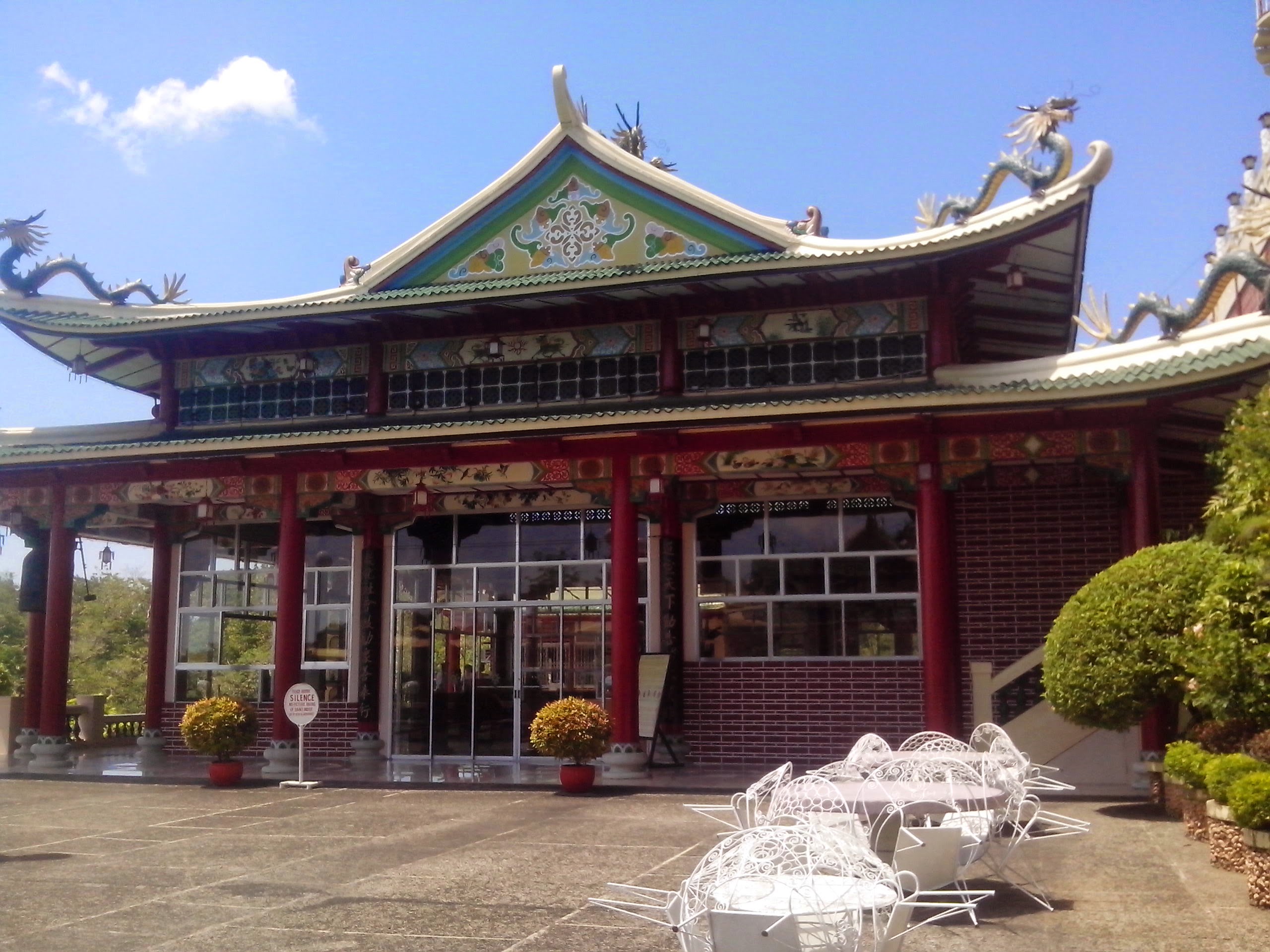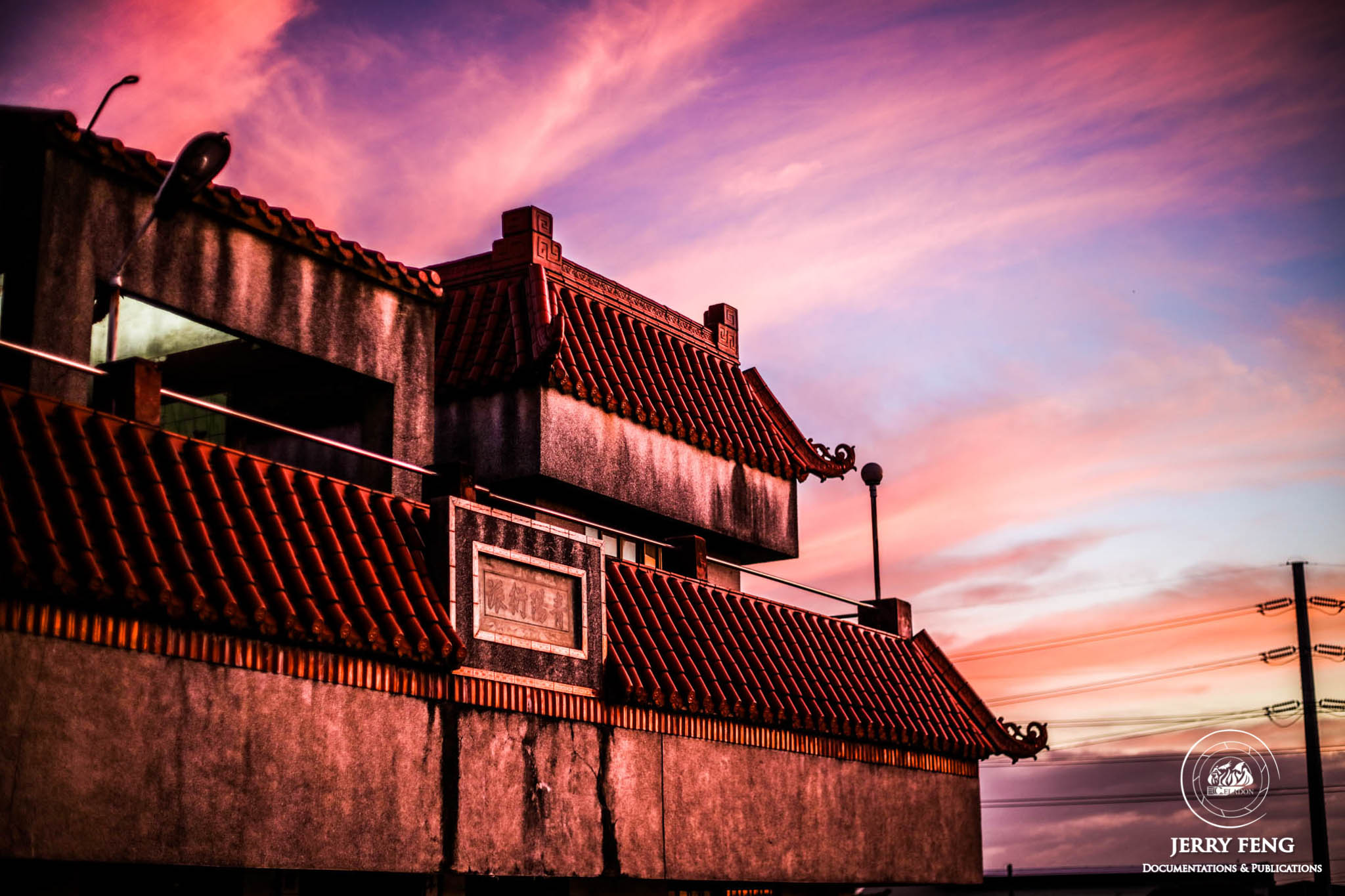Written by Kaitlyn Tan
Edited by Patrick Ang and Aaron Medina
Cover Photo by Jerry Feng
“…but your parents are Chinese. You’re not a Filipino,” says the Filipino. “You’re not a Chinese. You were born and raised in the Philippines,” says the Chinese.
The Dilemma. Chinese is a broad term. It can mean being fresh out of mainland China or it can also mean a local with Chinese ancestry. This causes confusion for some who have yet to understand the differences between the old and new waves of the Chinese population in the country who carry themselves with different values, behaviors, attitudes, ideologies, and outlooks in life. Despite peaceful coexistence since time immemorial, recent controversies reported in the media like geopolitical conflicts, illegal operations, and hostile behaviors have caused some degree of distrust and resentment towards the Chinese. However, this bad reputation usually referring to Chinese nationals also bleeds to the Chinese-Filipinos who may not even be involved nor politically-tied with China. To help safeguard the unique identity of Chinese-Filipinos, the term Chinoy was coined in the 90’s to differentiate Filipinos of Chinese descent from the new wave of Chinese migrants. Nonetheless, this still raises questions on what it truly means to be a Chinoy and where they belong.
What makes Chinoys Filipinos. Chinoys are not fresh from China. And no, it does not require a Filipino ancestry either. The definition of a Chinoy is one who has settled, adopted, assimilated, and is integrated into the fabric of Philippine society. They are usually born, raised, and educated here in the Philippines. The Philippines is their home; hence a sense of loyalty to the country. Most speak Filipino. In fact, the values, customs, and beliefs that they choose to carry are not first-hand from China but have been handed down from their Chinese ancestors and diluted with Filipino culture. Some may even think that Chinoys have more in common with Filipinos than they do with people from the mainland.

What makes Chinoys Chinese. They are Chinese because of their pursuit to retain a Chinese cultural identity, which is apparent with the learning of the Chinese language, practice of feng shui, preservation of family ties, reconnection with kins in the mainland, and the observing of norms on birth, marriage, and death. In some cases, the more traditional ones insist on endogamous marriages, which today is known as a “Great Wall” among the youth. Efforts like these are driven by a desire to preserve a connection with their country of origin.
A blend of cultures. The Chinese culture is ubiquitous in the country’s setting. These customs are familiar to Filipinos because they are part of daily life. In the house, there is the borrowing of Chinese nomenclature, incorporation of Chinese cuisine, and inculcation of values such as strong family ties and filial piety (i.e. respect for elders). On occasion, specific colors are worn, superstitions are followed, and cash gifts (ang pao) are sometimes given. In managing finances, there is a habit for frugality and an entrepreneurial mindset. Of course, this is only a microcosm of the big picture. History can tell us more on how the ethnic Chinese and Filipinos secured a peaceful coexistence, which epitomizes how both have broken the barriers of exclusivity. The Chinese culture has been woven into the very fabric of the country, and the Filipino culture formed the better half of what it means to be a Tsinoy by providing a hospitable home for them as well as a share in what the country can offer.
In the end, being a Chinoy isn’t dichotomous. It’s not about being more Chinese or Filipino. Rather, it is an identity unique from the Chinese in any other country and one that shares in Filipino culture — a hybrid. Chinese-Filipinos are caught between two cultures, and the fun of it is how they embrace the richness of both — a privilege of a multi-cultural belonging. They are Chinese because of their lineage, traditions, practices, beliefs, etc., which remind them of their ancestry, and they are Filipinos because the country is their home.
This article is brought to you by the Documentation and Publications department of Ateneo Celadon and Elements Magazine on Facebook: https://www.facebook.com/CeladonElementsMagazine




